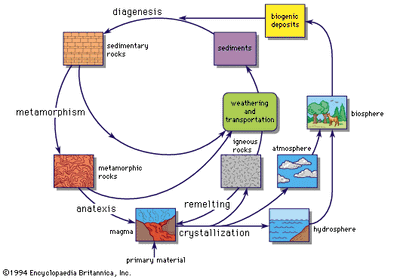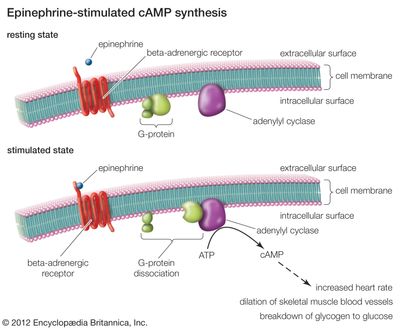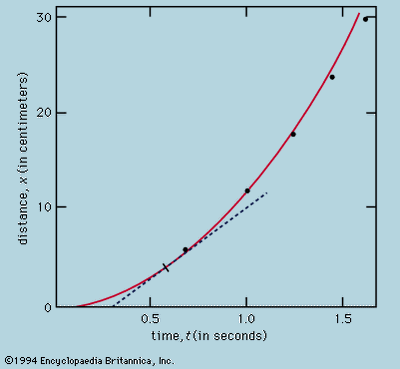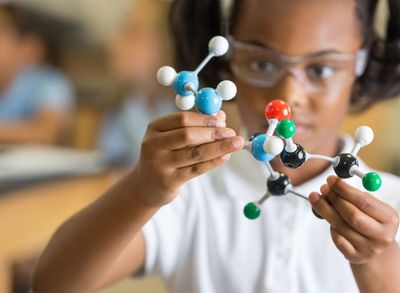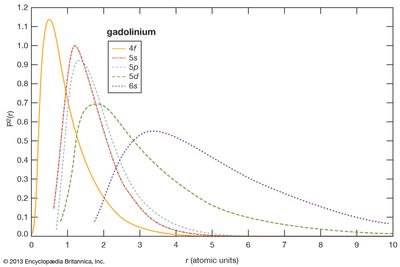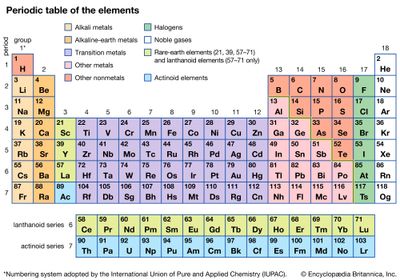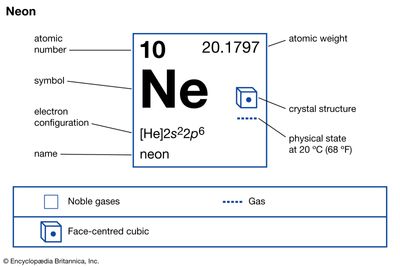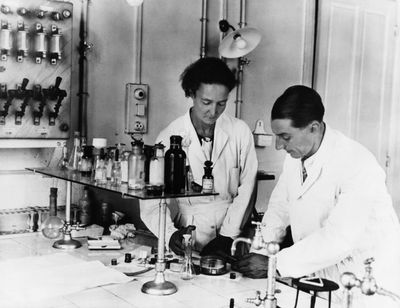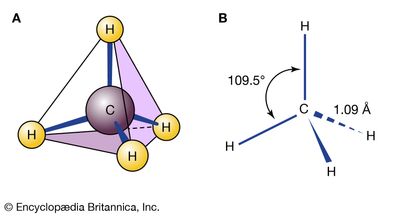Chemistry
How do you use raw plant materials to manufacture a best-selling perfume? How do you engineer household products that are compliant with environmentally-oriented guidelines? The answers to these questions require an understanding of the laws of chemistry, the science that deals with the properties, composition, and structure of elements and compounds, as well as the transformations that such substances undergo and the energy that is released or absorbed during those processes. Chemistry is also concerned with the utilization of natural substances and the creation of artificial ones. Over time, more than 8,000,000 different chemical substances, both natural and artificial, have been characterized and produced. Chemistry's vast scope comprises organic, inorganic, physical, analytical, and industrial chemistry, along with biochemistry, environmental chemistry, medicinal chemistry, and much more. Through the dedicated efforts of people such as Robert Boyle, Dmitri Mendeleev, John Dalton, Marie Curie, and Rosalind Franklin, the field of chemistry has led to exciting innovations as well as crucial advances in our understanding of how the world functions, starting with the miniscule and unassuming atom.
Chemistry Encyclopedia Articles
Featured Articles
chemical element
Chemical element, any substance that cannot be decomposed into simpler substances by ordinary chemical processes. Elements are the fundamental materials of which all matter is composed. This article considers...
biochemistry
Biochemistry, study of the chemical substances and processes that occur in plants, animals, and microorganisms and of the changes they undergo during development and life. It deals with the chemistry of...
principles of physical science
Principles of physical science, the procedures and concepts employed by those who study the inorganic world. Physical science, like all the natural sciences, is concerned with describing and relating to...
chemical engineering
Chemical engineering, the development of processes and the design and operation of plants in which materials undergo changes in their physical or chemical state. Applied throughout the process industries,...
chemistry
Chemistry, the science that deals with the properties, composition, and structure of substances (defined as elements and compounds), the transformations they undergo, and the energy that is released or...
rare-earth element
Rare-earth element, any member of the group of chemical elements consisting of three elements in Group 3 (scandium [Sc], yttrium [Y], and lanthanum [La]) and the first extended row of elements below the...
periodic table
Periodic table, in chemistry, the organized array of all the chemical elements in order of increasing atomic number—i.e., the total number of protons in the atomic nucleus. When the chemical elements are...
neon
Neon (Ne), chemical element, inert gas of Group 18 (noble gases) of the periodic table, used in electric signs and fluorescent lamps. Colourless, odourless, tasteless, and lighter than air, neon gas occurs...
Frédéric and Irène Joliot-Curie
Frédéric and Irène Joliot-Curie were French physical chemists, husband and wife, who were jointly awarded the 1935 Nobel Prize for Chemistry for their discovery of new radioactive isotopes prepared artificially....
noble gas
Noble gas, any of the seven chemical elements that make up Group 18 (VIIIa) of the periodic table. The elements are helium (He), neon (Ne), argon (Ar), krypton (Kr), xenon (Xe), radon (Rn), and oganesson...
biogeochemistry
Biogeochemistry, the study of the behaviour of inorganic chemical elements in biological systems of geologic scope as opposed to organic geochemistry, which is the study of the organic compounds found...
chemical compound
Chemical compound, any substance composed of identical molecules consisting of atoms of two or more chemical elements. All the matter in the universe is composed of the atoms of more than 100 different...

